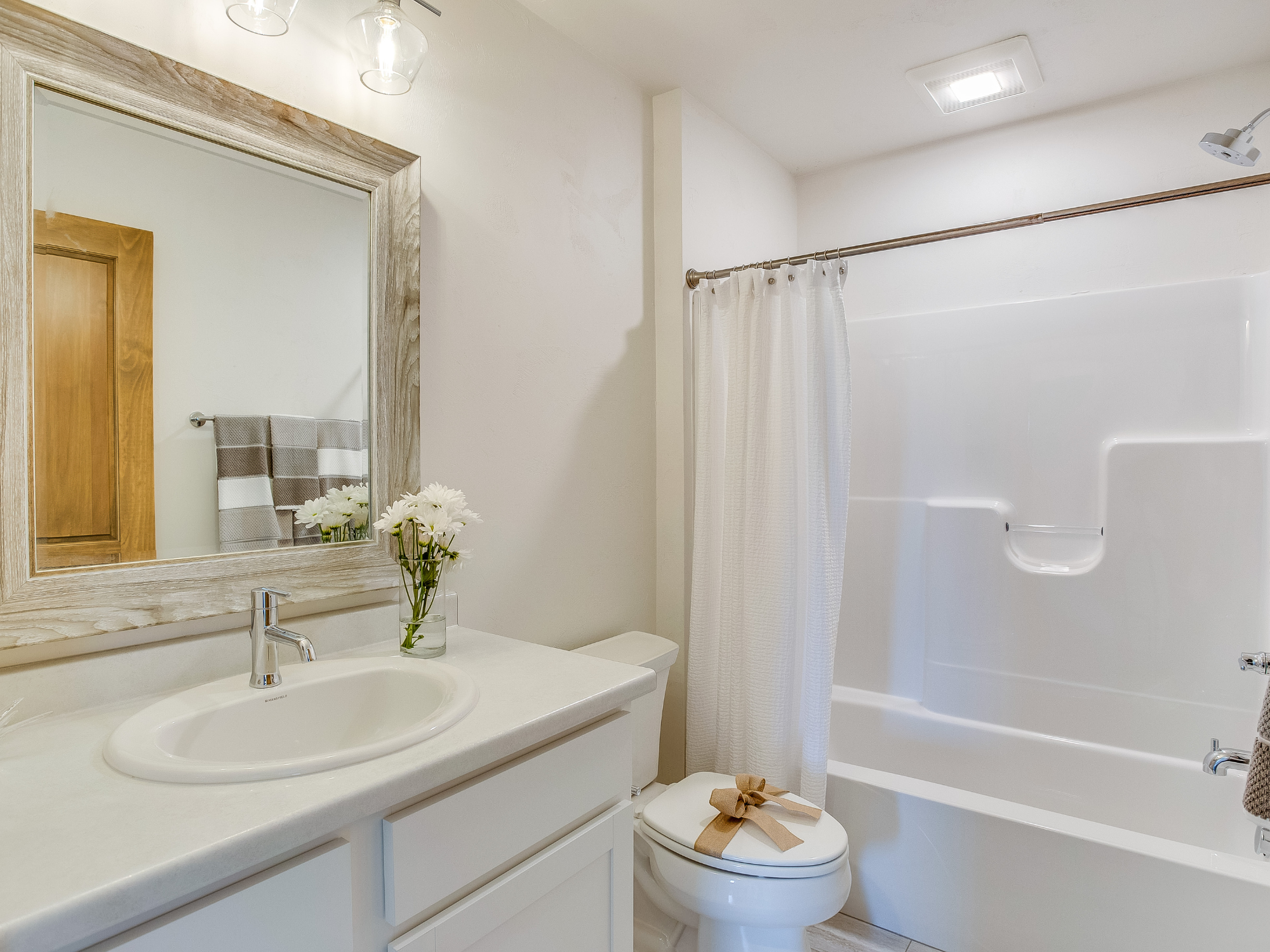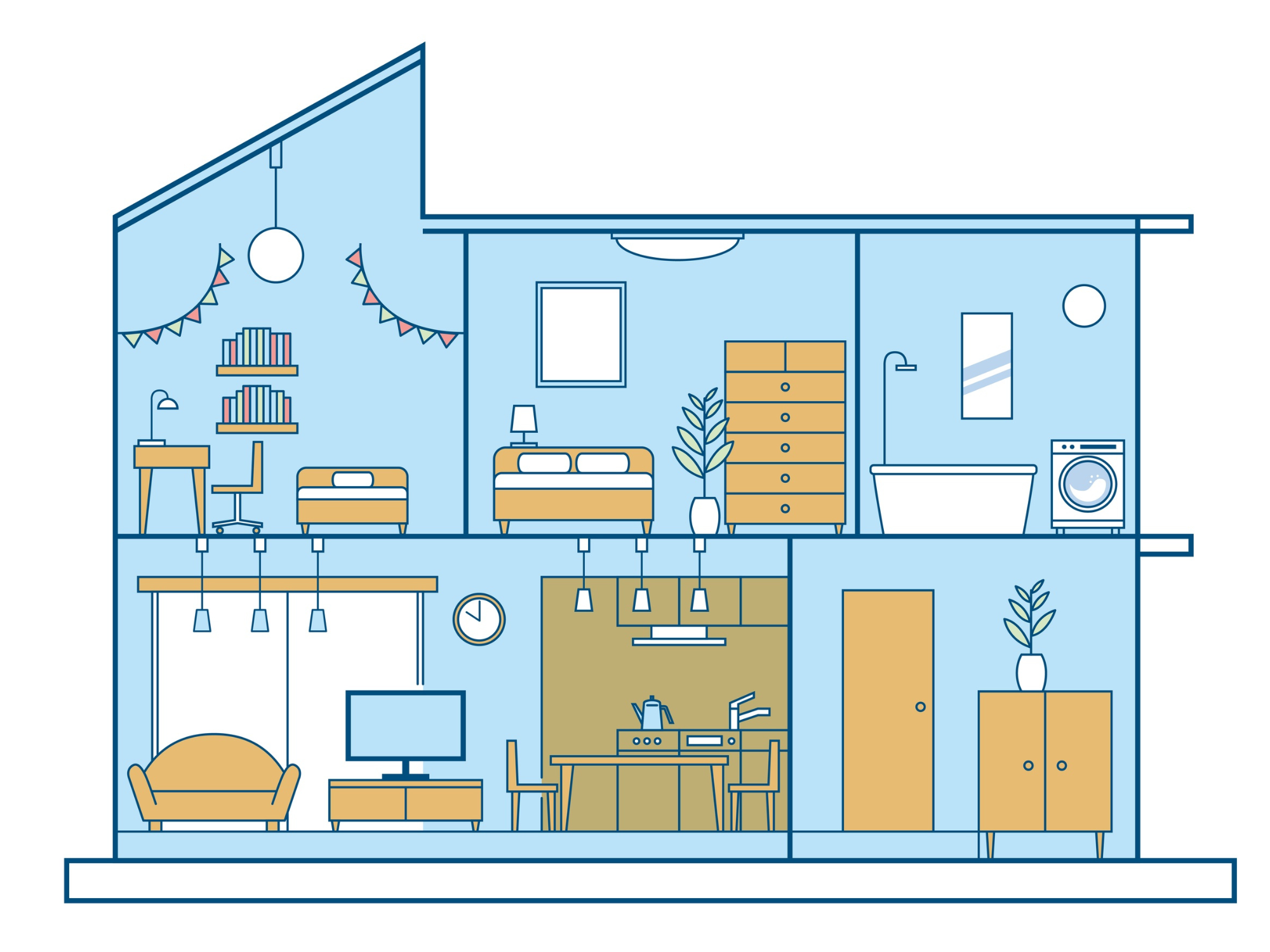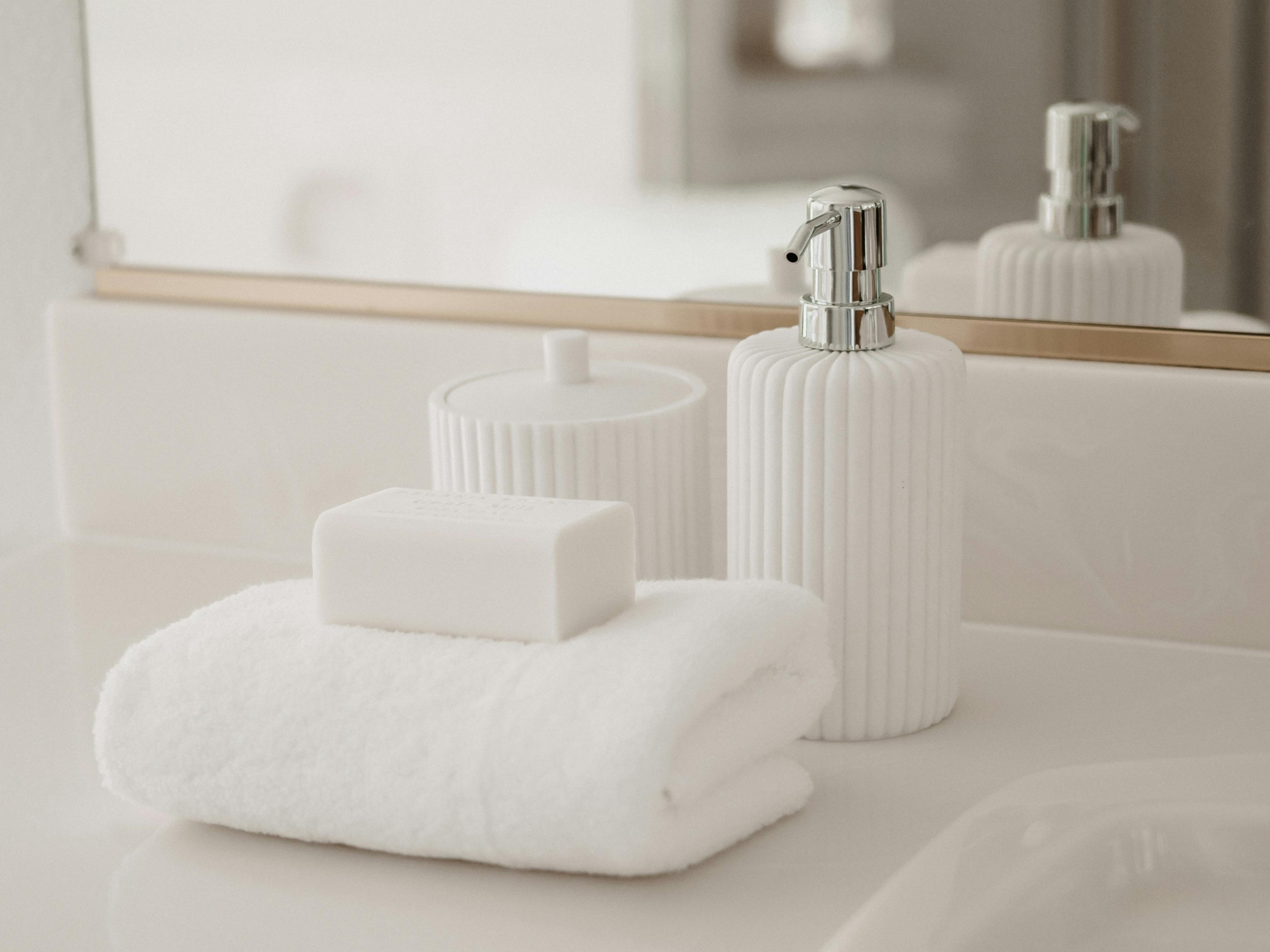
If stairs are limiting access to your home, a properly installed ramp can restore independence and safety. But simply building a “ramp” isn’t enough—it must be the right length, slope, and width to be safe and usable.
Even though the Americans with Disabilities Act (ADA) doesn’t technically apply to private homes, many Pittsburgh families still choose to follow its best practices. That’s because ADA-compliant ramps are easier to use, safer in all conditions, and more likely to serve your needs for the long term.
At 3 Birds Accessibility – Pittsburgh, we help homeowners build ramps that meet both ADA recommendations and the unique needs of their property and family.
In most cases, the ADA only applies to public and commercial buildings—not single-family homes. However, if your property receives federal funding or is used for public access (like group homes, rental units, or businesses), full ADA compliance may be required.
That said, even for private residences, following ADA ramp guidelines offers major benefits:
Below are the most important ADA ramp standards, and how we apply them in residential installations across Pittsburgh:
For every inch of rise, there should be at least 12 inches of ramp.
Example: A 24-inch porch needs a 24-foot ramp.
This slope allows for safe, unassisted use by most wheelchair and scooter users. In tight residential settings, we can use switchbacks or landings to meet this requirement without needing excessive yard space.
The ramp must be wide enough for a wheelchair to pass comfortably. We recommend 36"–42" for most residential ramps.
Landings should be at least 60 inches long and as wide as the ramp, providing space to rest, turn, or enter/exit a doorway safely.
Handrails are necessary if the rise exceeds 6 inches. They should be 34"–38" high, continuous along the ramp, and extend slightly beyond the top and bottom.
To prevent wheels from slipping off, ramps should include a 2-inch curb, wall, or rail on each side.
Ramps should have a textured, non-slip surface for safety in wet or icy conditions. We offer aluminum, composite, or treated wood surfaces designed for year-round traction.
If your elevation change is more than 30 inches, the ramp must be broken into sections with intermediate landings.
We design each ramp layout to balance these standards with your home’s space constraints, elevation, and aesthetic goals.
Pittsburgh homes come in every shape and size—from narrow row houses and brick walk-ups to hillside properties with steep grade changes. That’s why every ramp project we take on starts with an on-site evaluation.
We consider:
In most cases, we use modular aluminum ramps or custom wood ramps that meet or exceed ADA guidelines while maintaining flexibility for the property.
Do I have to follow ADA guidelines at my home?
No, not legally. But following the recommendations ensures safer, more user-friendly access—especially if a wheelchair, scooter, or walker is involved.
What if I don’t have enough space for a 1:12 ramp?
We can add turns and landings (called switchbacks) to maintain the correct slope within a tighter footprint.
Will a code inspector approve an ADA-style ramp?
Yes. Even if ADA is not required, building to that standard ensures compliance with local safety and building codes in Pittsburgh.
Can you build a ramp for short-term use?
Absolutely. We offer temporary and modular ramp systems that meet ADA guidelines and can be rented or relocated as needed.
Can ramps be removed later?
Yes. Our modular and freestanding systems can be disassembled and removed without damaging your home.
Navigating ADA guidelines and local code can be difficult on your own. At 3 Birds Accessibility – Pittsburgh, we’ve helped families across the region design and install ramps that work for their space, budget, and needs—while ensuring every detail meets professional safety standards.
We bring:
We’ll handle the measuring, the planning, and the hard work—so you can focus on what matters: creating a home that works for everyone who lives in it.
Whether you're planning ahead or facing an urgent mobility need, building a ramp that follows ADA guidelines ensures a safer, more functional home—today and tomorrow.
Schedule a free consultation with our team, and we’ll help you design a ramp that’s safe, comfortable, and built to last in Pittsburgh.

Dec 26, 2025
Wondering what accessible bathroom upgrades cost in Pittsburgh? Learn real price ranges for flooring, grab bars, showers, and safety features.

Dec 23, 2025
Thinking about DIY accessibility upgrades? Learn when bathroom modifications are safe to DIY—and when professional installation matters most.

Dec 20, 2025
Small bathroom? Learn smart, accessible bathroom layout ideas for Pittsburgh homes that improve safety, space, and long-term usability.

Dec 17, 2025
Poor lighting increases fall risk. Learn the best accessibility lighting solutions for bathrooms and how proper lighting improves safety and independence.